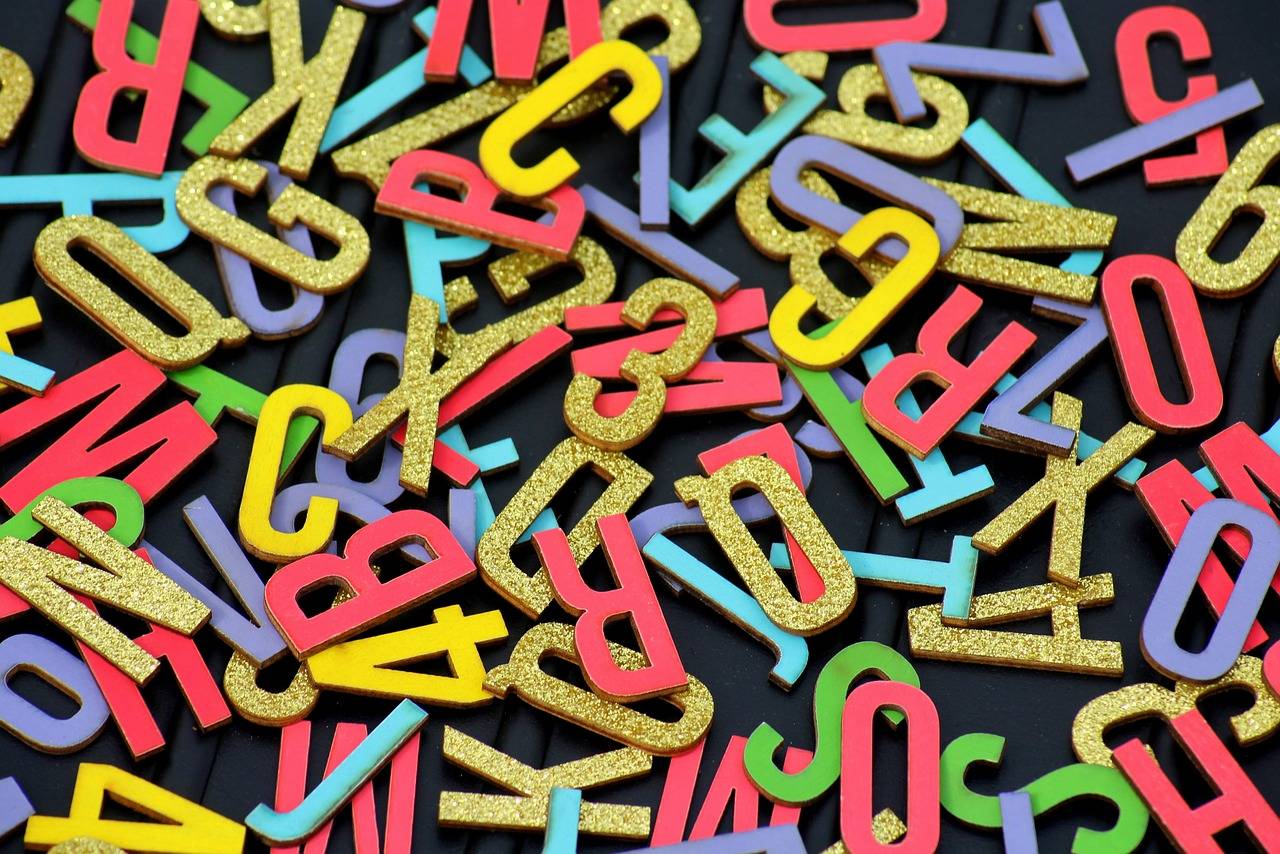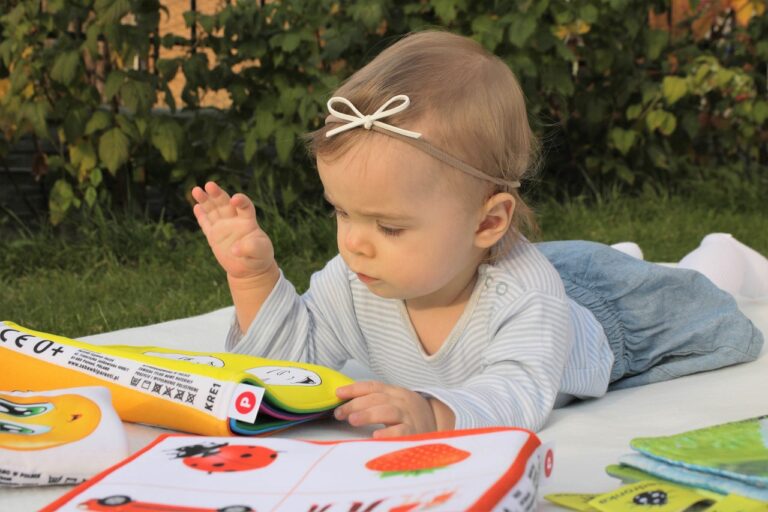Personalized Learning: How AI is Customizing Education
Personalized learning offers a tailored approach to education that caters to the unique needs and learning styles of individual students. By allowing students to progress at their own pace and focus on areas where they need the most support, personalized learning fosters a deeper understanding of the material and promotes long-term retention. This approach helps students feel more engaged and invested in their own education, leading to increased motivation and a sense of ownership over their learning journey.
With personalized learning, teachers can provide targeted interventions and support to students who may be struggling in certain areas. By closely monitoring each student’s progress and understanding their strengths and weaknesses, educators can offer personalized feedback and resources to help students overcome challenges and reach their full potential. This individualized attention not only boosts academic achievement but also enhances students’ confidence and self-esteem in their abilities to learn and grow.
Understanding Artificial Intelligence in Education
Artificial Intelligence (AI) in education refers to the utilization of technology to create personalized learning experiences for students. By analyzing data on individual student performance and behavior, AI algorithms can tailor educational content to match the specific needs and learning styles of each student. This adaptive approach not only enhances student engagement but also increases the effectiveness of the learning process.
Furthermore, AI in education enables educators to gain valuable insights into student progress and areas for improvement. By tracking student performance in real-time, teachers can provide timely interventions to address learning gaps and offer additional support where needed. This proactive approach not only helps students stay on track but also empowers teachers to make data-driven decisions to support student success.
How AI Adapts to Individual Student Needs
Personalized learning through the use of artificial intelligence (AI) is revolutionizing education by adapting to the unique needs of individual students. AI algorithms analyze each student’s learning patterns, strengths, and weaknesses to tailor educational content accordingly. This personalized approach enables students to learn at their own pace and focus on areas where they need more support, ultimately enhancing their overall academic performance.
Moreover, AI can provide real-time feedback and recommendations based on students’ progress, helping them stay motivated and engaged in their learning journey. By continuously adjusting the content and level of difficulty to suit each student’s abilities, AI ensures that learning remains challenging yet manageable, leading to improved retention and comprehension. In this way, AI adapts to individual student needs by creating a customized learning experience that maximizes student success and fosters a deeper understanding of the material.
How does personalized learning benefit students?
Personalized learning helps students by catering to their individual needs and learning styles, allowing for a more tailored educational experience.
How does artificial intelligence play a role in education?
Artificial intelligence in education helps analyze data, provide personalized learning experiences, and automate administrative tasks, allowing for more efficient and effective teaching and learning.
How does AI adapt to individual student needs?
AI adapts to individual student needs by analyzing data on each student’s learning progress and performance, and then adjusting the teaching materials and methods accordingly to meet those needs.
Can AI replace human teachers in the classroom?
While AI can enhance the learning experience and provide valuable support to teachers, it cannot replace the human element of teaching that involves empathy, emotional support, and personalized interactions with students.





